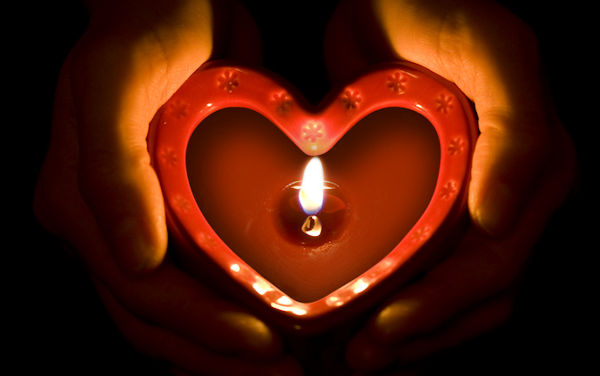In this month’s Drinking the Cup, Rev. John Boley talks about the miracle of incarnational prayer.
So, I have an Advent confession to make. I have operated for lo these many years as a pastor with a fairly low theology of prayer.
Don’t get me wrong. I have prayed fervently in every worship service I have led. I have prayed with hundreds of people in the hospital. I have led prayer vigils and prayer and healing services.
But when I say a “low” theology of prayer, I am referring to the understanding that there are limits to the efficacy of prayer and to what God will respond to. After all, 100 % of human beings die, and not every illness is cured. Not every wish is granted (Not everyone gets a Mercedes Benz (Janis Joplin)). So many of the miracles we pray for don’t get resolved. And we Arminian Christians have such a strong belief in free will that it often takes God’s direct activity out of the picture.
All of that has in the past confirmed for me that God’s self-limitations make it difficult to pray for some things with great confidence. They make it difficult to totally embrace prayers of supplication and intercession that are at the heart of most peoples’ prayer life. Needless to say, all Christians, pastors especially, wrestle with the mystery of prayer on our paths of discipleship.
I have always believed in praying for strength for the day, for comfort in time of need, and for patience and calm in difficult circumstances. For these I have prayed regularly and have been amazed at the power of prayer to fill the soul and bring strength, courage and comfort.
Over the last three months, my understanding and experience of the power of prayer has drastically changed and expanded. With our daughter’s Cystic Fibrosis and double lung transplant at University of Michigan Hospital on November 2nd, I have seen the indescribable power of prayer in a new and overwhelming way. Hannah is home now and it appears this complicated and drastic surgery has been a success. Her life was saved by prayer and great medical care, and we are ever so grateful.
I can’t believe that God took the life of another human being to make lungs available for her. I can’t believe that she was singled out for great medical treatment because of the high number of people praying for her. I can’t believe that she and our family got the very best of hospital support because of so many congregations across the state had her on the prayer list.
And yet, something happened. Something happened which made her a miracle case. Something happened that has made her a case study at U of M Hospital for extraordinary and successful medical treatment. Something happened to give her the strength and courage to survive this. Something happened that rallied our family and held us in strength throughout this time. Something happened which brought “all things together for good for those who love God.” Something happened which connected us in a new way with United Methodists across the state and country. Only the widespread prayers without ceasing can explain how all of this occurred.
What this had done for me is to give me an amazing incarnational experience of prayer. Here we are at Christmas, when we celebrate the incarnation of Jesus Christ – God becoming flesh and dwelling among us. I have become more incarnational in my belief system over the years – to put it in seminary type terms – moving from a lower Christology to a higher Christology. Now it follows that perhaps my understanding and experience of prayer is moving in the same direction – from an embrace of prayer made lukewarm by too many rational analyses of God’s self-limitations, to an incarnational embrace of the mysterious power of God’s providential activity when prayer is pursued and practiced without ceasing.
In his recent blog “The Joyful Journey,” Bishop Bard used the image of “bending low” – that in the Christmas incarnation of Jesus Christ, “God bends low to be with us, to listen, to embrace, to redeem.” Bishop Bard encouraged us to also “bend low” in our mercy and justice ministries with those in need.
This is a helpful image for where I am right now in this journey with respect to the power of prayer – to bend low (kneel) in my praise and adoration of the mysteries of God’s Grace. To bend low in listening to the needs of all of the people I encounter. To bend low in my appreciation for the talents of others. To bend low in humility as we embrace providential mysteries. To bend low in my prayer life and bring it with much greater confidence into everyday life.
My new Christmas theology of prayer is much more embracing of God’s providential mysteries brought on when God hears the cries of God’s people and when prayer is offered without ceasing. Thanks be to God for the incarnation of Jesus Christ and God’s desire to be in relationship through prayer.
Last Updated on December 21, 2016

